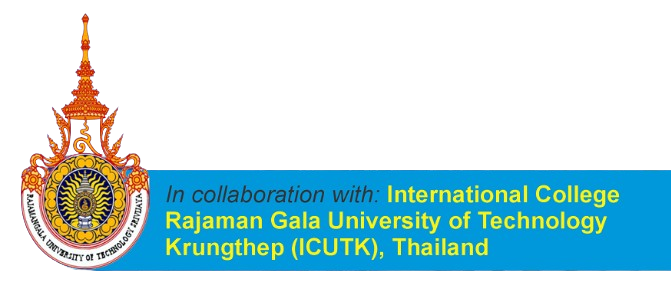HUMAN RIGHTS AND ENVIRONMENTAL GOVERNANCE: THE EMERGING ROLE OF THE RIGHT TO A HEALTHY ENVIRONMENT IN INTERNATIONAL LAW
DOI:
https://doi.org/10.55751/jfhu.v1i2.161Keywords:
Environmental Law, Internet Of Things, Artificial Intelligence, Big Data, Smart Regulation, Algorithmic Governance, Environmental Monitoring, Regulatory Technology.Abstract
The convergence of Internet of Things (IoT), Big Data analytics, and Artificial Intelligence (AI) is fundamentally transforming environmental governance. These technologies enable real-time monitoring, predictive enforcement, and data-driven policymaking at unprecedented scales. However, their deployment raises complex legal challenges concerning data privacy, algorithmic accountability, regulatory legitimacy, and environmental justice. This article examines the emerging legal frameworks governing smart environmental regulation across multiple jurisdictions. Using doctrinal analysis, comparative legal research, and socio-legal case studies, the research investigates how IoT sensors, satellite imagery, machine learning algorithms, and predictive analytics are reshaping environmental monitoring and enforcement. The study analyzes regulatory responses in the European Union, United States, China, and selected developing nations, identifying tensions between technological efficiency and fundamental legal principles. Key findings reveal significant gaps in existing legal frameworks regarding algorithmic transparency, liability allocation for automated decisions, protection of environmental data rights, and procedural fairness in AI-driven enforcement. The article proposes a comprehensive legal framework balancing technological innovation with rule of law principles, environmental justice, and democratic accountability. This research contributes to environmental law, technology law, and administrative law scholarship while offering practical guidance for policymakers navigating the digital transformation of environmental governance.










